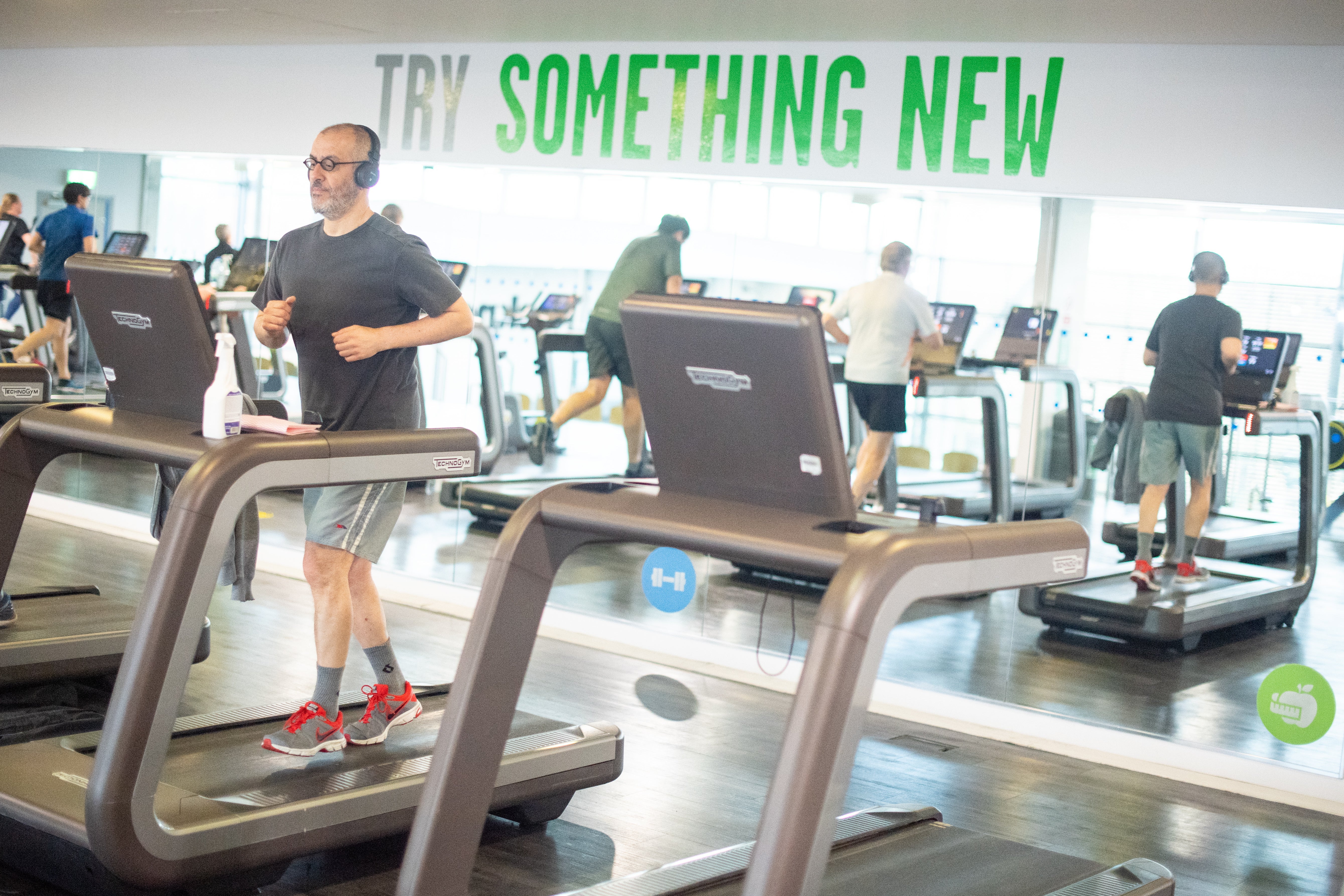People ‘still travelling less and exercising more than before Covid’
Trends in sleeping have returned to pre-pandemic levels.

Your support helps us to tell the story
From reproductive rights to climate change to Big Tech, The Independent is on the ground when the story is developing. Whether it's investigating the financials of Elon Musk's pro-Trump PAC or producing our latest documentary, 'The A Word', which shines a light on the American women fighting for reproductive rights, we know how important it is to parse out the facts from the messaging.
At such a critical moment in US history, we need reporters on the ground. Your donation allows us to keep sending journalists to speak to both sides of the story.
The Independent is trusted by Americans across the entire political spectrum. And unlike many other quality news outlets, we choose not to lock Americans out of our reporting and analysis with paywalls. We believe quality journalism should be available to everyone, paid for by those who can afford it.
Your support makes all the difference.People are still travelling less and exercising more than they did before the pandemic, despite the scrapping of most Covid-19 restrictions earlier this year, new analysis suggests.
Working habits appear to have undergone a permanent change – though the amount of time spent sleeping and resting has returned to pre-pandemic levels.
The way people use their time has been studied since 2014/15 by the Office for National Statistics (ONS), with the latest figures capturing behaviour in March 2022, when almost all the UK’s coronavirus rules had been lifted.
Adults spent an average of 52 minutes a day in March this year travelling, such as driving or walking, to places, the stats show.
This is up from 32 minutes in March 2021, when many Covid-19 restrictions were still in place, but well below the figure of 84 minutes in 2014/15.
Adults devoted an average of 25 minutes a day to keeping fit in March 2022 – down from 30 minutes a year earlier but longer than 19 minutes in 2014/15.
The amount of time adults said they spent sleeping and resting each day jumped by nearly half an hour at the start of the pandemic, from eight hours and 53 minutes to nine hours and 18 minutes.
It is interesting to see that some of the pandemic-related behaviour changes we saw last March, such as working from home or hybrid working, remain
But by March 2022, this had fallen back to eight hours and 51 minutes.
Changes in work patterns have held steady, however.
People in paid employment worked from home 79 minutes more per day in March 2022 than in 2014/15, compared with 88 minutes more in March 2021.
Gueorguie Vassilev of the ONS said: “It is interesting to see that some of the pandemic-related behaviour changes we saw last March, such as working from home or hybrid working, remain.
“Others have changed with the lifting of restrictions, such as travelling, although perhaps because of changes in working behaviours, we are travelling less than in 2014/15.”
Additional ONS figures covering changes in behaviour since the pandemic began suggest people have scaled back the amount of time devoted to certain leisure activities.
Adults spent an average of 137 minutes a day watching TV, blu-rays or DVDs in the early weeks of lockdown in spring 2020.
This had fallen slightly to 130 minutes by March 2021, but had dropped to 106 minutes by March 2022.
Time spent doing gardening or DIY has fallen sharply from 39 minutes a day in March 2020 to 20 minutes this year.
An average of 27 minutes a day was devoted to reading books, magazines or newspapers at the start of the pandemic – but by March 2022 it had dropped to 17 minutes.